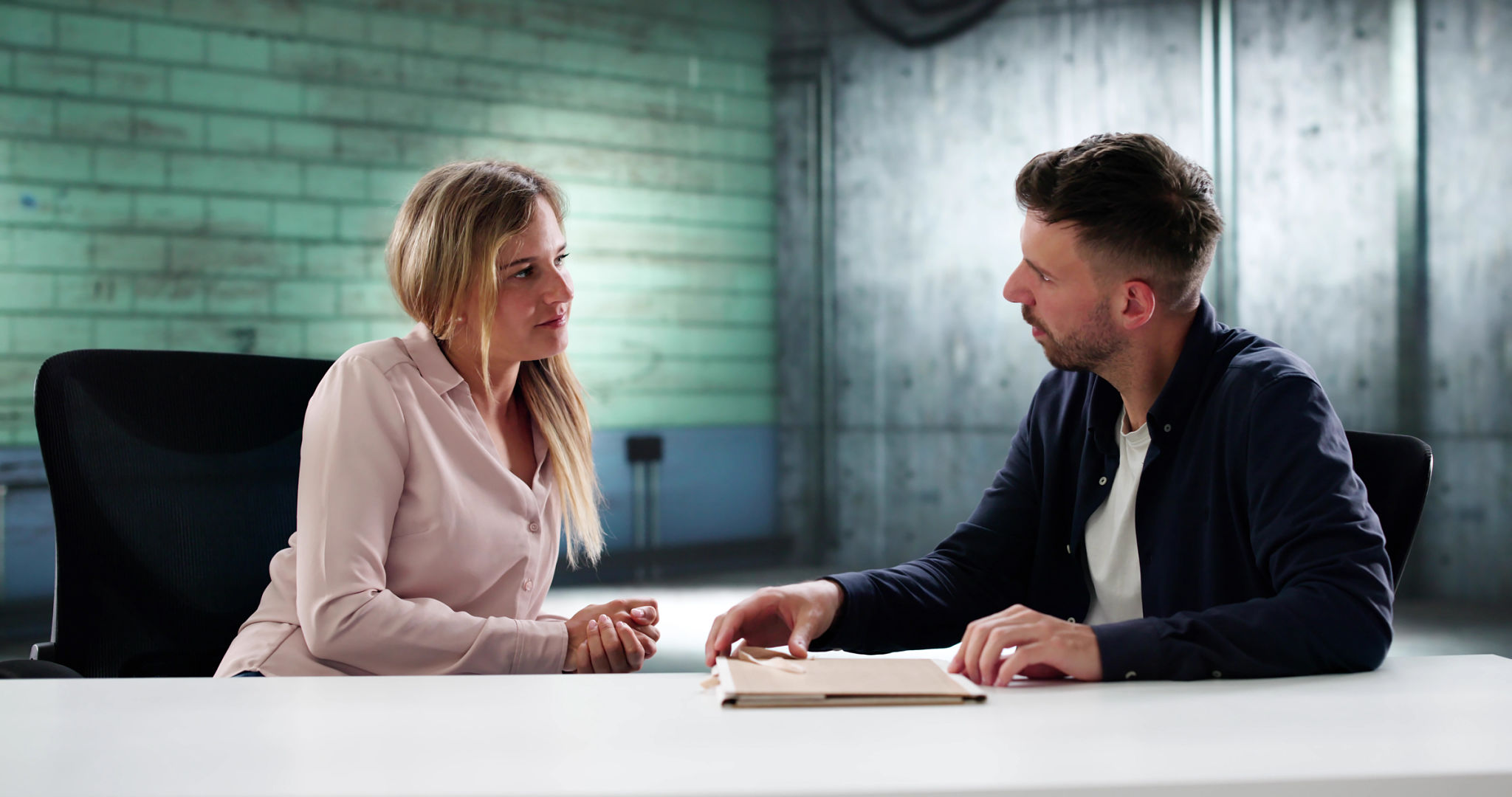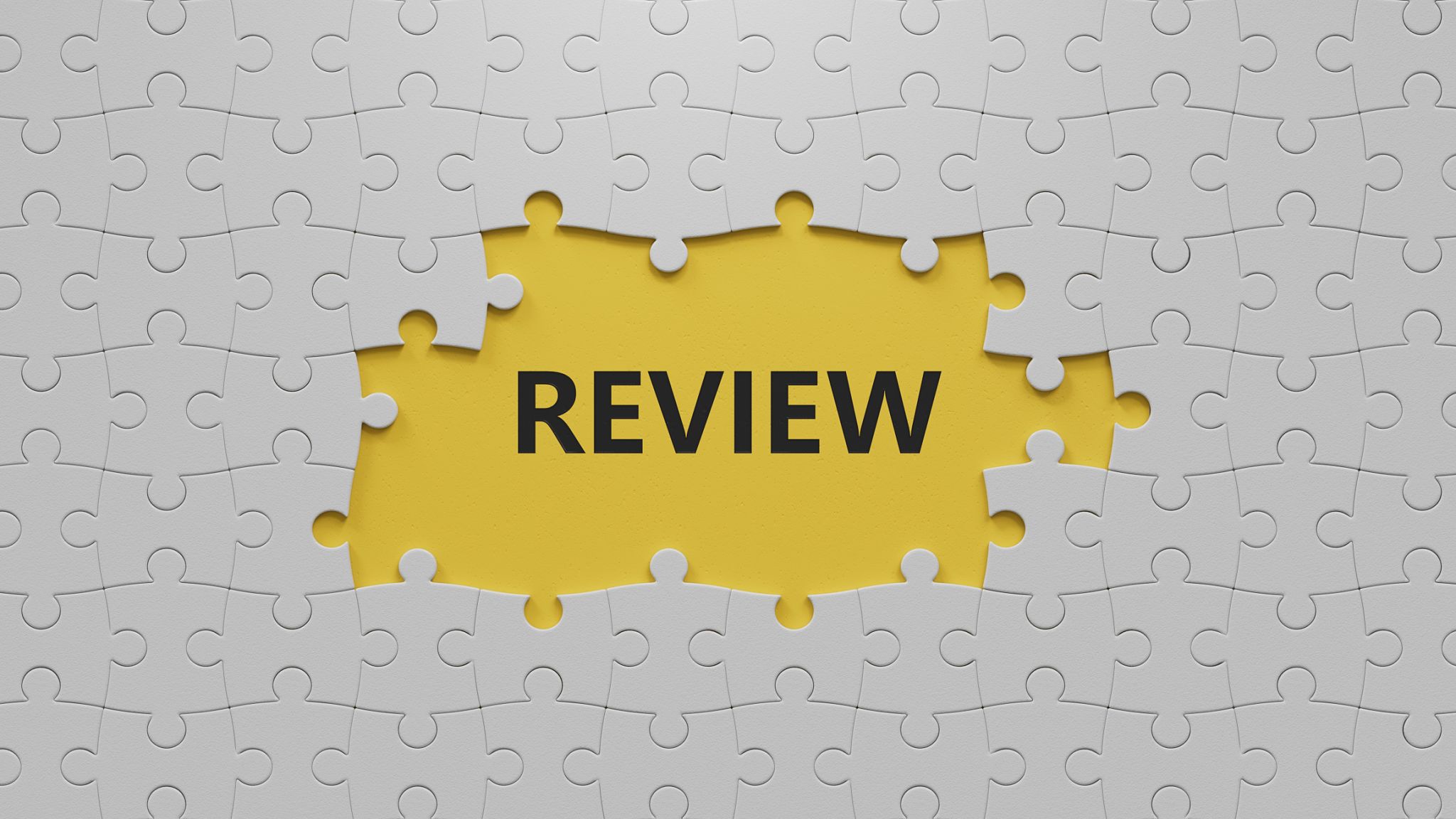Interview Preparation: Key Strategies to Stand Out
Understanding the Interview Process
Preparing for an interview can be daunting, but understanding the process can ease your nerves. Interviews generally follow a structure: initial introductions, a review of your resume, behavioral questions, and a chance for you to ask your questions. Familiarizing yourself with this format can help you anticipate what's next and prepare accordingly.
Researching the company is crucial. Knowing the company’s mission, values, and recent achievements can give you a leg up. Not only does this show your interest in the role, but it also helps you tailor your responses to align with the company's goals.

Crafting Your Personal Narrative
Your personal narrative is a powerful tool in any interview. It’s the story of your career – how you got to where you are and where you hope to go. Crafting a compelling narrative involves highlighting your skills, experiences, and aspirations in a way that aligns with the job you’re applying for.
Use the STAR method (Situation, Task, Action, Result) to structure your responses. This technique helps you provide clear, concise, and compelling answers to behavioral questions by outlining the context, your responsibilities, the actions you took, and the outcomes achieved.

Nailing the First Impression
The importance of a strong first impression cannot be overstated. From your attire to your handshake to your punctuality, everything contributes to how you're perceived. Dress appropriately for the job and company culture, and make sure to arrive on time, or even better, a few minutes early.
Body language is another critical aspect. Maintain eye contact, offer a firm handshake, and sit up straight. These non-verbal cues convey confidence and professionalism. Practice these elements with a friend or mentor to ensure they come naturally during the interview.
Preparing Thoughtful Questions
Asking insightful questions is not only expected but also demonstrates your genuine interest in the role and company. Prepare questions that delve deeper into the company culture, team dynamics, or growth opportunities. Avoid asking about salary or benefits in initial interviews unless prompted by the interviewer.

Consider questions like: "Can you describe a typical day in this role?" or "What are the biggest challenges currently facing your team?" These questions show that you are proactive and serious about understanding how you can contribute effectively.
Leveraging Feedback for Improvement
Whether successful or not, every interview is a learning opportunity. If possible, ask for feedback on your performance. Constructive criticism can provide invaluable insights into areas where you can improve for future interviews.
Reflect on your performance as well. Consider what went well and what could have been better. Continuous improvement is key to mastering interviews and eventually landing that dream job.

Conclusion
Interview preparation is an art that combines research, self-awareness, and strategic thinking. By understanding the interview process, crafting a strong personal narrative, making a great first impression, preparing thoughtful questions, and learning from feedback, you position yourself as a standout candidate.
Remember, every interview is an opportunity to grow. With these strategies in hand, you're well on your way to acing your next interview.
